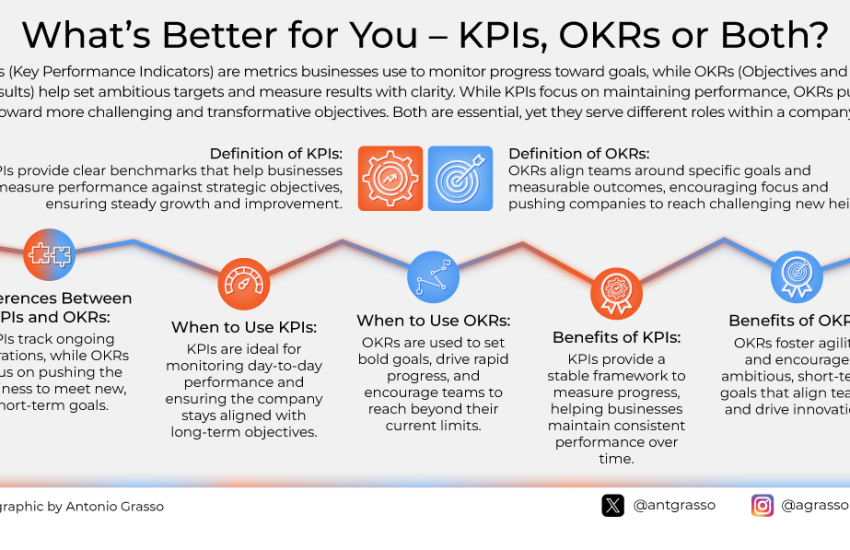The Challenges of Scaling a Business and How to Overcome Them
Scaling a business is a common goal for many entrepreneurs and business owners. However, the process of scaling comes with its own set of challenges. In this article, we will discuss some of the key challenges that businesses face when trying to scale, and provide practical tips on how to overcome them.
1. Managing Growth
One of the biggest challenges of scaling a business is managing growth. As your business grows, you will need to hire more employees, expand your operations, and deal with an increase in customer demand. This can be overwhelming for many business owners, especially if they are not prepared for the rapid growth.
To overcome this challenge, it is important to have a solid growth strategy in place. This includes setting clear goals for your business, hiring the right talent, and investing in technology and infrastructure that can support your growth. It is also important to stay flexible and be willing to adapt your strategy as your business continues to grow.
2. Financial Constraints
Another common challenge that businesses face when scaling is financial constraints. Scaling a business requires a significant amount of capital, whether it’s for hiring new employees, expanding into new markets, or investing in new technology. Many businesses struggle to secure the funds they need to support their growth.
To overcome this challenge, it is important to have a strong financial plan in place. This includes creating a detailed budget, identifying potential sources of funding, and being strategic about how you allocate your resources. It may also be helpful to seek out investors or explore other financing options to support your growth.
3. Maintaining Quality and Consistency
As your business grows, it can be challenging to maintain the same level of quality and consistency that your customers have come to expect. This is especially true if you are expanding into new markets or introducing new products or services. Ensuring that your business maintains its standards while scaling can be a difficult balancing act.
To overcome this challenge, it is important to focus on quality control and customer satisfaction. This includes investing in training for your employees, implementing processes to ensure consistency, and soliciting feedback from your customers to identify areas for improvement. It may also be helpful to automate certain aspects of your business to ensure that quality is maintained as you scale.
4. Scalability of Technology
Technology plays a crucial role in the scalability of a business. As your business grows, your technology needs will also grow, and it can be challenging to ensure that your systems and infrastructure can support your expanding operations. This can lead to downtime, inefficiencies, and ultimately hinder your growth.
To overcome this challenge, it is important to invest in scalable technology solutions that can grow with your business. This includes cloud-based software, automation tools, and a robust IT infrastructure. It may also be helpful to work with a technology partner who can help you identify and implement the right solutions for your business.
5. Leadership and Communication
Effective leadership and communication are essential when scaling a business. As your business grows, it can be challenging to maintain clear communication channels and ensure that your team is aligned with your goals and objectives. This can lead to misunderstandings, conflicts, and ultimately hinder your growth.
To overcome this challenge, it is important to prioritize leadership development and communication within your organization. This includes setting clear expectations for your team, fostering a culture of transparency and collaboration, and providing regular feedback and support. It may also be helpful to invest in leadership training and development programs to ensure that your leaders are equipped to manage the challenges of scaling.
Conclusion
Scaling a business is a complex process that comes with its own set of challenges. However, by being proactive, strategic, and adaptable, you can overcome these challenges and achieve sustainable growth. By focusing on managing growth, addressing financial constraints, maintaining quality and consistency, investing in scalable technology, and prioritizing leadership and communication, you can navigate the challenges of scaling and take your business to the next level.
Remember, scaling a business is not a one-size-fits-all process. It requires careful planning, hard work, and a willingness to adapt to changing circumstances. By following the tips outlined in this article, you can navigate the challenges of scaling and position your business for long-term success.


